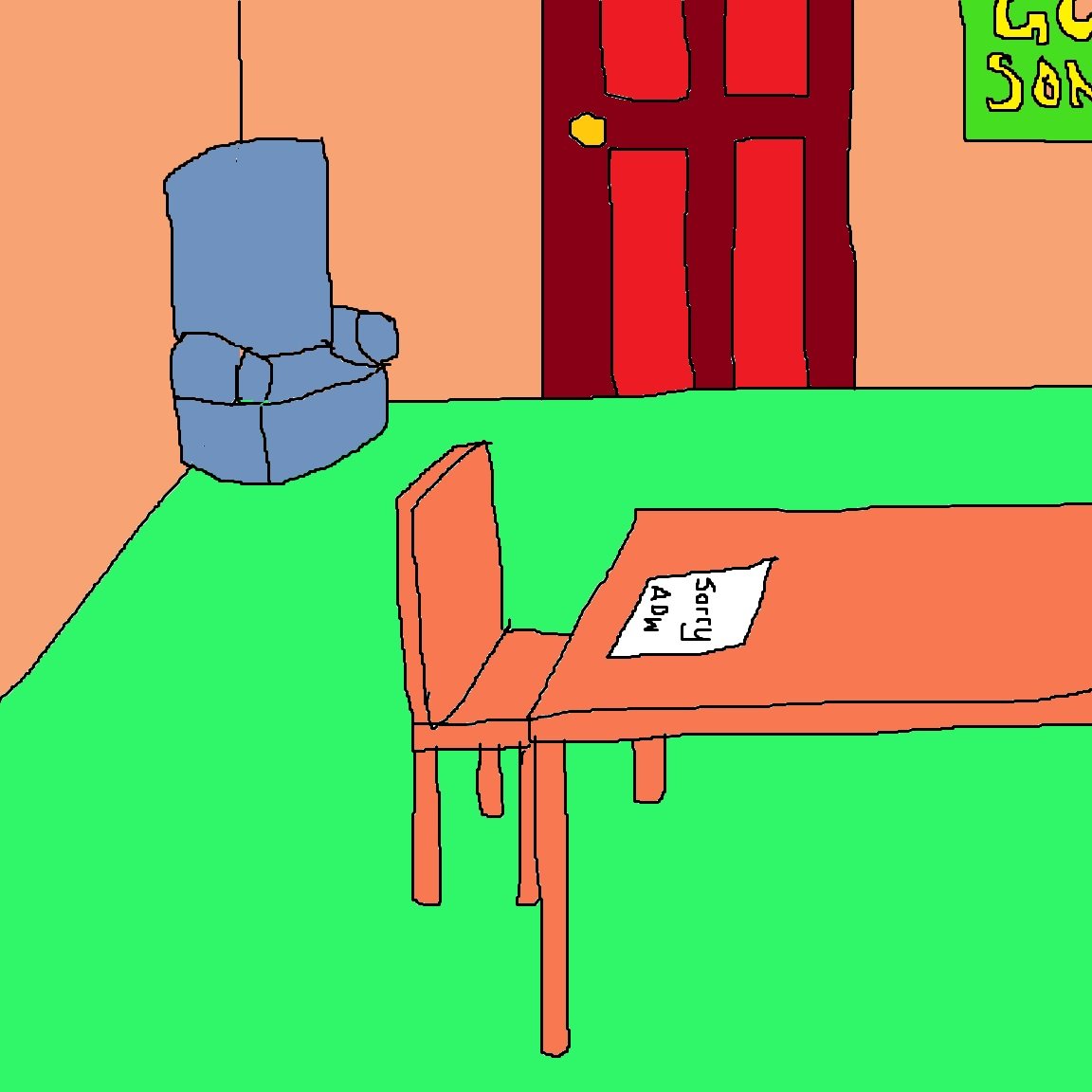Memoir 1: “You’re not Mr. Kramer?”
I graduated high school in June 1991. I planned to attend Bellevue Community College and learn scriptwriting from Stanley Kramer. Stanley Kramer was a film director known for “It’s a Mad Mad Mad Mad World" and "Guess Who's Coming to Dinner?" He was nominated for nine Oscars in his career, lived in Bellevue, WA, and taught script writing. It was my dream to be a writer and director, so I saw a clear path through Mr. Kramer to get there.
During the summer, I worked at Semiahmoo Golf and Country Club in Blaine, WA, washing dishes in a restaurant. I loaded and unloaded the dishwasher, daydreaming my name called out at the Academy Awards, “And the Oscar goes to…Andrew David Wright for Best Director! Andrew David Wright for Original Screenplay!”
On my first day at Bellevue, I planned to go straight to Mr. Kramer’s class, introduce myself, and offer a treatment I wrote for a movie. I was sure he would espouse the brilliance of my idea and offer to personally tutor me outside of regular classes to develop a script. Maybe I would skip college and start shooting in the Spring? Anything was possible.
By late August, I had a job waiting for me washing dishes at a restaurant in Bellevue, which was walking distance of my new apartment; I shared a two-bedroom with a high school friend, Charlie. On the first day of school, I attended my classes. Once done with classes, I had enough time to meet Mr. Kramer in his classroom and hand him my treatment before my first shift at the restaurant.
It took me minutes to find the room. An older man sat at a desk in the corner. I didn't recognize him, but I assumed he was Stanley Kramer. I entered the room, nervously extending my hand from the moment I entered, walking across the brown, VCT-tiled floors, shakily speaking with nerves in my voice: "Hello, Mr. Kramer, sir! I'm Andrew. It's a…uh…pleasure to meet you. I…um…well…excited, or, uh…Please take my treatment!”
The gentleman smiled, extended his hand, and met my palm. We looked at each other for a few beats, shaking each other’s hands uncomfortably when the man said, "I'm sorry. I'm not Stanley. You didn't hear? He retired a few weeks ago. This classroom is used for English Composition now.”
“He retired?” I asked, “You’re not Mr. Kramer?”
“No,” he responded, “Sorry, young man.”
Without a word, I turned and walked out the door and to my apartment, packed what little I owned, left a note for Charlie, put my possessions into my 1974 Pinto Station Wagon, and left for Blaine. I was moving home. I quit school and my job without notice, and I left my friend with little explanation, save a note that read, "Stanley retired. There's nothing here for me. I’m moving home. Sorry.”
It has been thirty-three years since that decision. I reflect on it sometimes and wish I could take a moment to talk to the young man who drove home, bewildered and uncertain of what to do. I would tell him that there are other ways. I would remind him that a script writing class was a small step—there would be many more. I would tell him that the film industry is permeated with budding filmmakers disappointed in the outcomes of their dreams: separate myself and persevere. I would encourage him to test his resolve, push himself, and find a way.
Now, I'm fifty-one years old. I have the strength of someone who's experienced disappointment and persevered. I have a myriad of deeply personal lessons from others living in me, calling out to the despondent young man each time I feel the urge to stop when something is hard. What the collective lessons tell me is simple but accurate. They say, "Yes, it's hard. It’s always hard. Persist. Persevere. Write. At the very least, write. Always be writing!"
My dreams have changed. The fulfillment from overcoming far outweighs the disappointment of giving up. I know how good that feels now, but I wish I knew how good that felt thirty-three years ago.
